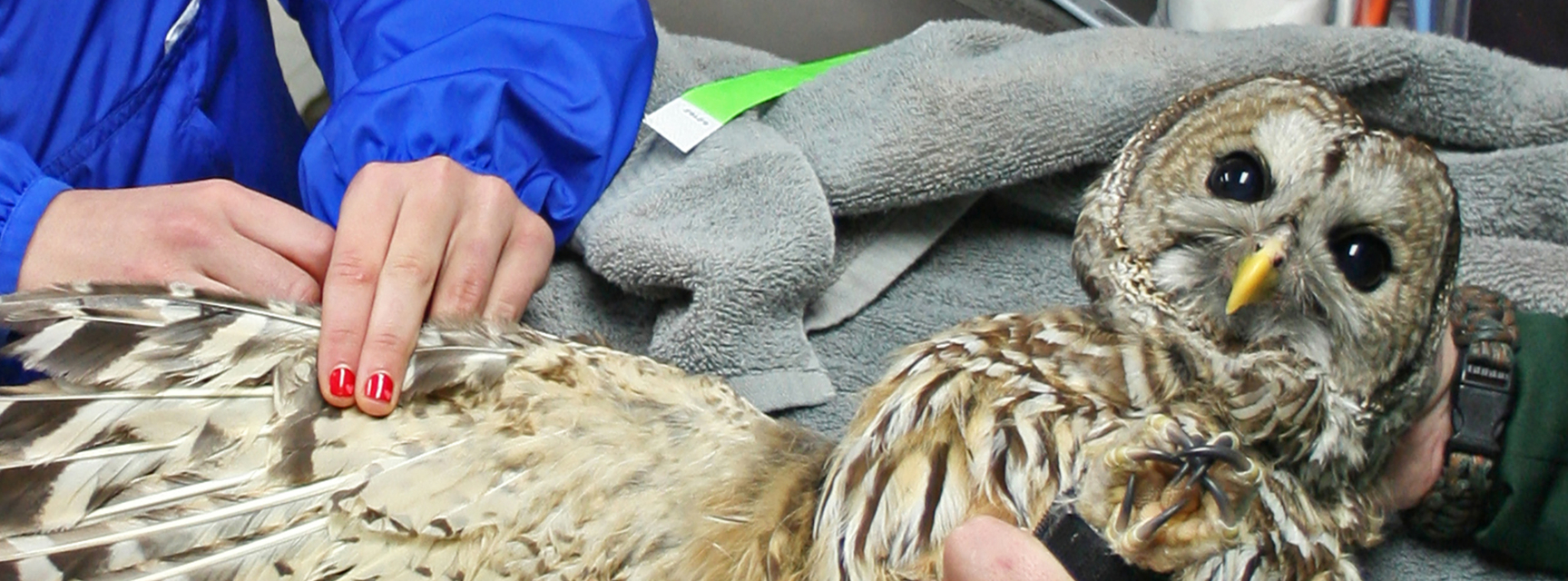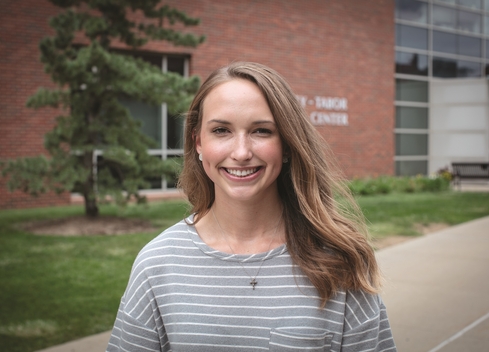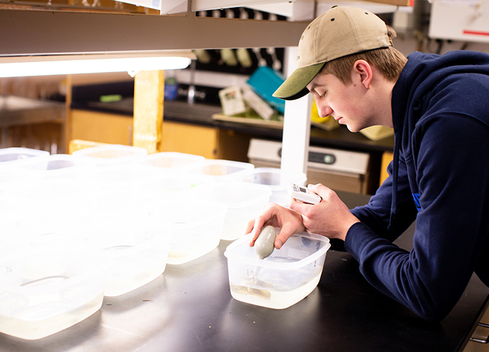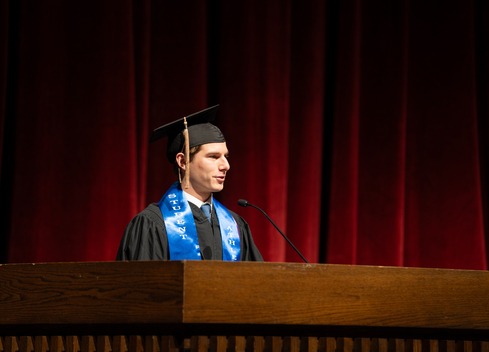Veterinarians care for livestock, pets, sporting and laboratory animals. They prevent the outbreak and spread of animal diseases and perform autopsies on diseased animals. Veterinarians must be good decision makers, have keen powers of observation, good manual dexterity, and skills with both animals and people. In addition, veterinarians who are self-employed must have significant small-business skills. Competition for admission to veterinary school is intense. Admission is based on the applicant's grade point average, scores on the GRE and recommendations. It is suggested that each applicant have some practical work experience with animals prior to applying to veterinary school.
Most applicants to veterinary school have completed four years of college with courses in chemistry, biology and mathematics. Veterinary training includes clinical experience in the diagnosis and treatment of animal diseases, performing surgery and laboratory work in anatomy, biochemistry and other scientific and medical subjects. Twenty-seven schools are accredited by the Council on Education of the American Veterinary Medical Association.
Every state requires that veterinarians be licensed. To obtain a license, applicants must have a Doctor of Veterinary Medicine degree from an accredited school and pass a state board examination. Veterinarians seeking certification in one of the 20 areas of specialization must complete a two- to five-year residency program and pass an examination.
Admissions
VMCAS-the Veterinary Medical Colleges Application Service
External Links





